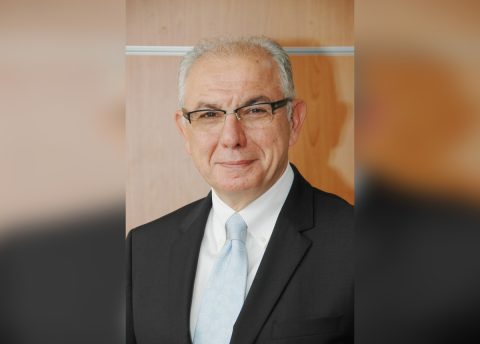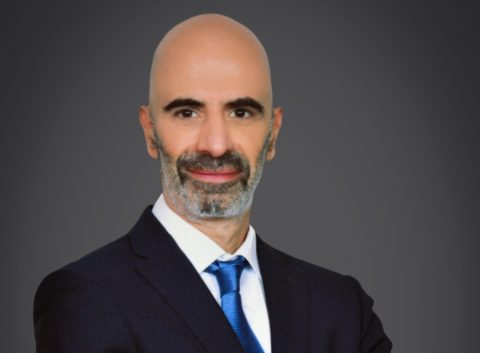Share this
Technology sneaks into the brains of humans
Brain medical implants are a revolutionary technological advance in the way we combat neurological disorders. They are man-made device that is used to replace, assist, support, supplement, or modify functions of the nervous system. These implants are used to treat a myriad of neurological issues: from restoring vision in those who have lost their sight, to providing relief from debilitating Parkinson’s Disease.
The process of inserting brain medical implants can be done in a variety of ways, depending on the type of implant being inserted. Implanted electrodes are tiny, thin wires which are placed into the brain and connected to a device outside the body that is controlled by a remote control or handheld device. The device uses electrical signals to stimulate specific parts of the brain. This stimulation can be programmed to help alleviate movement disorders, physical and cognitive impairments, and a host of other brain-related issues.
Neural interfaces are implantable devices that use highly advanced optics and electronics technology. They “listen in” to what is happening in the brain and relay that information back to a computer that is able to decipher it. This is especially useful in controlling physical results of brain injury, such as controlling prosthetic limbs with the mind, or directly controlling the small muscles of the eyes, face, and hands.
Deep Brain Stimulation involves implanting tiny electrodes, usually within the thalamus, and connecting them to an external control device. These electrodes act as a kind of pacemaker, delivering electrical stimulation which has been shown to help reduce symptoms like tremors and stiffness in certain neurological conditions.
Overall, brain medical implants are allowing more and more individuals to be able to treat a range of neurological issues, and live a normal, healthy life. This technology continues to advance, and researchers are looking at ways of expanding its potential applications, giving hope to millions of people who suffer from neurological conditions.
Source: CNBC Arabia




